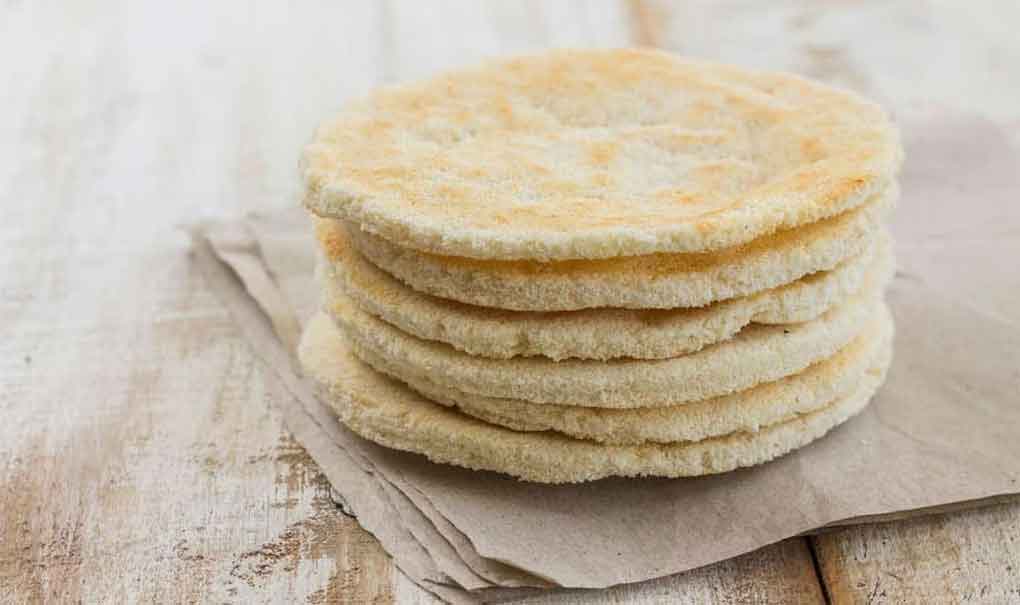The Dominican Republic, Cuba, Haiti, Honduras and Venezuela had submitted the item, finally approved during the nineteenth session of the Intergovernmental Committee for the Safeguarding of the Intangible Cultural Heritage, running in this capital until next Saturday.
In validating the casaba submission, UNESCO highlighted its relevance as a symbol of identity, social cohesion and sustainable development in the Caribbean Basin communities.
According to UNESCO, this round bread, resembling a modern-day pizza and made with bitter cassava reflects an indigenous and African legacy transmitted informally at homes and formally in schools. Casabe, they added, promotes values such as tolerance, mutual respect and unity, and contributes to food security and the economic support of thousands of families.
The decision also highlights the role of casabe in preserving peace and dialogue between communities, as well as its importance as a cultural identity reference in the region.
Some twenty cultural expressions, including the Paraguayan guarania and the equestrian art of Portugal, as well as another 15 candidates from the Near East, Asia, Africa and Europe, were included in the UNESCO list of Intangible Cultural Heritage of Humanity.
Palestine managed to submit the traditional manufacture of Nabulsi soap, made from olive oil and considered one of the oldest in the world, while Syria followed suit with the artisanal production of Ghar soap from Aleppo, Saudi Arabi with Taif flowers.
ied/jcm/mpv










